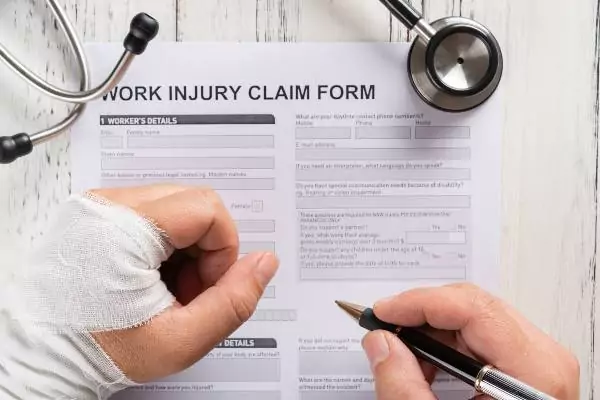Should you opt for settlement or take your personal injury suit all the way to trial? Which route offers more compensatory benefits? As any professional will tell you, it depends on the circumstances surrounding your claim, the defendant’s cooperation, and your satisfaction with the proposed offer. Read on for insights into these avenues and when to choose one over the other.
How Personal Injury Claims Work
After suffering injury at the hands of another’s negligent actions of intentional tort, you may be wondering what to do next. To stay safe, start by seeking medical attention, even when you don’t have any visible injuries.
Symptoms for injuries like whiplash and concussions may take some time before manifesting, which is why immediate treatment is important. Consulting a doctor also generates crucial documents you will use as evidence to your suit.
Once you begin the claims process, it is advised that you team up with a Tennessee personal injury attorney. This professional can help you initiate the claim by notifying the at-fault party, their insurer, and yours of your intention to file a claim.
Your attorney can help collect and document evidence to be submitted to the at fault party’s insurer, who will subsequently reach out with an offer that is almost always not to your benefit. As a result, your lawyer will negotiate for a fair settlement based on the monetary and non-monetary damages you sustained.
Insurance adjusters have earned a reputation for undermining victims’ claims with lowball offers. It is the fundamental reason plaintiffs in personal injury suits are advised to refrain from negotiating with insurance agents in the absence of their attorney.
Making the Choice
Now onto the big decision: should you settle or take the case to trial?
As mentioned before, it depends. After taking into account all your damages and calculating the worth of your suit, your attorney can advise when you should settle. But if negotiations reach a stalemate and no agreement is reached, then it is best to proceed to court.
At trial, your attorney will present evidence convincingly, hire expert witnesses, and even call on regular witnesses to testify to your injuries and how they have affected your life.
While it is an avenue for seeking maximum compensation, it is often reserved as a last resort. In fact, more than 95 percent of all personal injury cases end at the settlement stage.
Litigation is expensive, not to mention time consuming, and sometimes, you may end up receiving less compensation than what the insurance company proposed. Hence, it’s best to rely on your attorney for advice. Judging by the strengths and weaknesses of the case, they will inform you when settling is the best path forward and when proceeding to court is the most viable solution.
Conclusion
As you have seen, the choice between litigation and settlement depends on the specifics of your suit. If negotiations with the insurance company bear fruit and your lawyer gives you the thumbs up, you can sign the settlement offer and accept compensation.
However, if negotiations hit a brick wall, the at-fault party denies responsibility, or you are unsatisfied with the settlement, it’s time to take the claim to the court chambers. “Here, your Tennessee personal injury attorney will prepare a strong case, present evidence, and even hire and call on expert and regular witnesses.” says attorney David Gordon.
Don’t miss the latest updates and alerts visit: Internal Isider!










